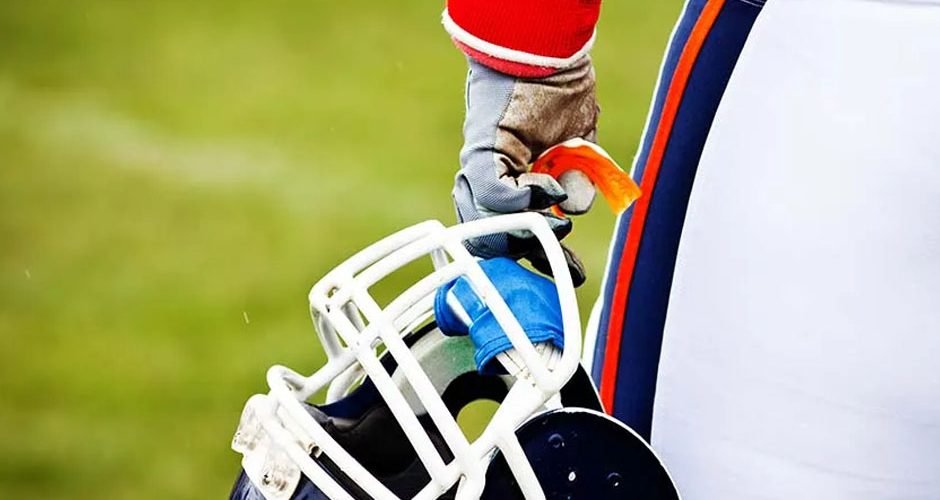Being a student-athlete is an enriching experience but can also be quite demanding. Finding success as a student-athlete requires dedication and focus in the classroom and on the field—but more than that, it takes certain qualities to stand out among other athletes seeking scholarships or college admissions. It does not matter if a student-athlete plays football, baseball, basketball, or any other sport; five essential qualities will help them reach their academic and athletic goals. In this post, expert Carson Neel explores these five critical qualities in successful student-athletes seeking college recognition during recruitment.
Table of Contents
Discipline – Students Must Be Able To Manage Their Time And Prioritize Academics First
Discipline is a crucial component in a student’s academic success. Effective time management is the key to striking a balance between academic obligations and extracurricular activities. Students must learn to prioritize their studies and allocate enough time for their assigned tasks. Mastering time management enables one to meet deadlines and avoid procrastination, a common pitfall that can lead to poor grades and burnout. Discipline lays the foundation for a student to build a stable and fulfilling academic experience.
Leadership – Student Athletes Should Display Qualities Of Leadership On And Off The Field/Court
Leadership is a quality that is important not only in sports but in all aspects of life. Student-athletes must exhibit leadership on and off the field/court. It goes beyond just being the team captain; it entails being a positive role model to others and setting an example through actions. Off the field/court, student-athletes can showcase leadership by volunteering in the community, helping classmates, or being respectful towards others. By demonstrating qualities such as teamwork, determination, and dedication, student-athletes can not only improve their skills but also motivate others to strive for excellence. Being a leader does not necessarily mean being the best player but leading by example and inspiring others to reach their fullest potential.
Mental Toughness – Developing Mental Toughness Will Help Student-Athletes Stay Focused In Challenging Situations
Carson Neel says we’ve all seen it happen in sports: a team or athlete starts strong only to falter when faced with tough competition or a difficult situation. In these moments, mental toughness can make all the difference. For student-athletes, developing mental toughness means training the mind to stay focused and resilient in adversity. It’s about building the confidence to overcome obstacles and perform at your best, no matter what. Whether staying focused during high-pressure games or bouncing back from a tough loss, mental toughness can help student-athletes reach their full potential on and off the field.
Resilience – Showing Resilience In The Face Of Obstacles Demonstrates The Potential For Success
Resilience is not an easy trait to develop, but it’s mighty. Life has a way of throwing challenges our way, and when we show resilience in the face of those obstacles, we’re demonstrating an essential potential for success. When we’re resilient, we can overcome adversity and keep going, even when it seems like everything is working against us. We can learn from our experiences, adapt to changing circumstances, and keep pushing forward. Resilient people are often more successful because they can bounce back from setbacks and focus on their goals. In short, resilience is a crucial ingredient for achieving success in life.
Communication Skills – Knowing How To Communicate Effectively Can Help Students Reach Out To Coaches, Teachers, And Other Mentors For Advice Or Guidance
Practical communication skills are indispensable in every facet of life, and the importance of good communication cannot be overemphasized, especially for students. Communication skills are game-changers and essential tools for students to effectively interact with their mentors, coaches, and teachers and seek guidance or advice. Good communication skills enable students to express their needs, opinions, and ideas and also help them to actively listen to feedback from their mentors, which can significantly enhance their learning experience. With practical communication skills, students can confidently articulate their thoughts, engage in productive discussions, and establish meaningful connections with their mentors beyond the classroom. Therefore, mastering the art of communication is an invaluable skill that every student should strive to acquire.
Conclusion
Being a successful student-athlete takes discipline, leadership, mental toughness, resilience, and strong communication skills. If you’re willing to work to hone these essential traits, you can reach your full potential as an athlete and a scholar. Apart from being able to perform on the field or court, having these characteristics will help you develop into a well-rounded individual who is prepared for any situation. While it’s easy to become overwhelmed by sports demands and succumb to the pressure of juggling academics with practice and competitions, if you prioritize academics first and focus on building your character in addition to honing your athletic talent, then student-athletes can experience success in both their sporting careers and life beyond.





